Historic Sites in French Prairie
Area HistoryFrench Prairie is Oregon’s historic and agricultural heartland because it’s where agriculture began and where the decision that led to Oregon statehood took place. French-Canadian settlers that married Kalapuya women and settled near St. Paul in the 1830s and started farming, and by the end of the 18th century French Prairie was the most productive agricultural area in the state, producing wheat and hops among other crops. In 1843 the first “democratic vote west of the Mississippi River” took place at Champoeg, and The Decision was to align Oregon Country with the United States instead of Canada. That vote is memorialized at the Pioneer Monument and Pavilion at Champoeg State Park.
Historic Sites
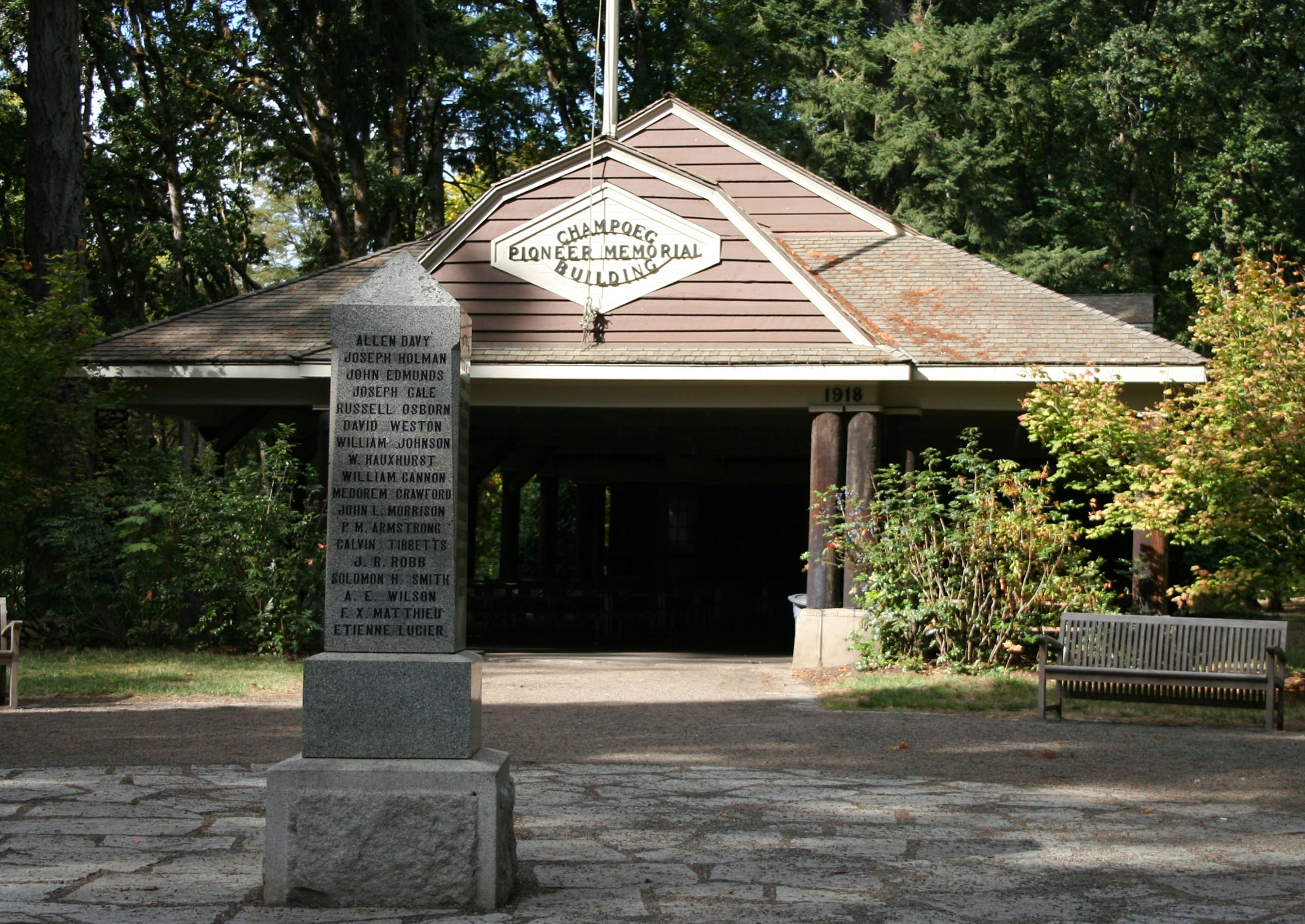
Champoeg State Park
Site of the historic meeting to form a provisional government in Oregon in 1843.
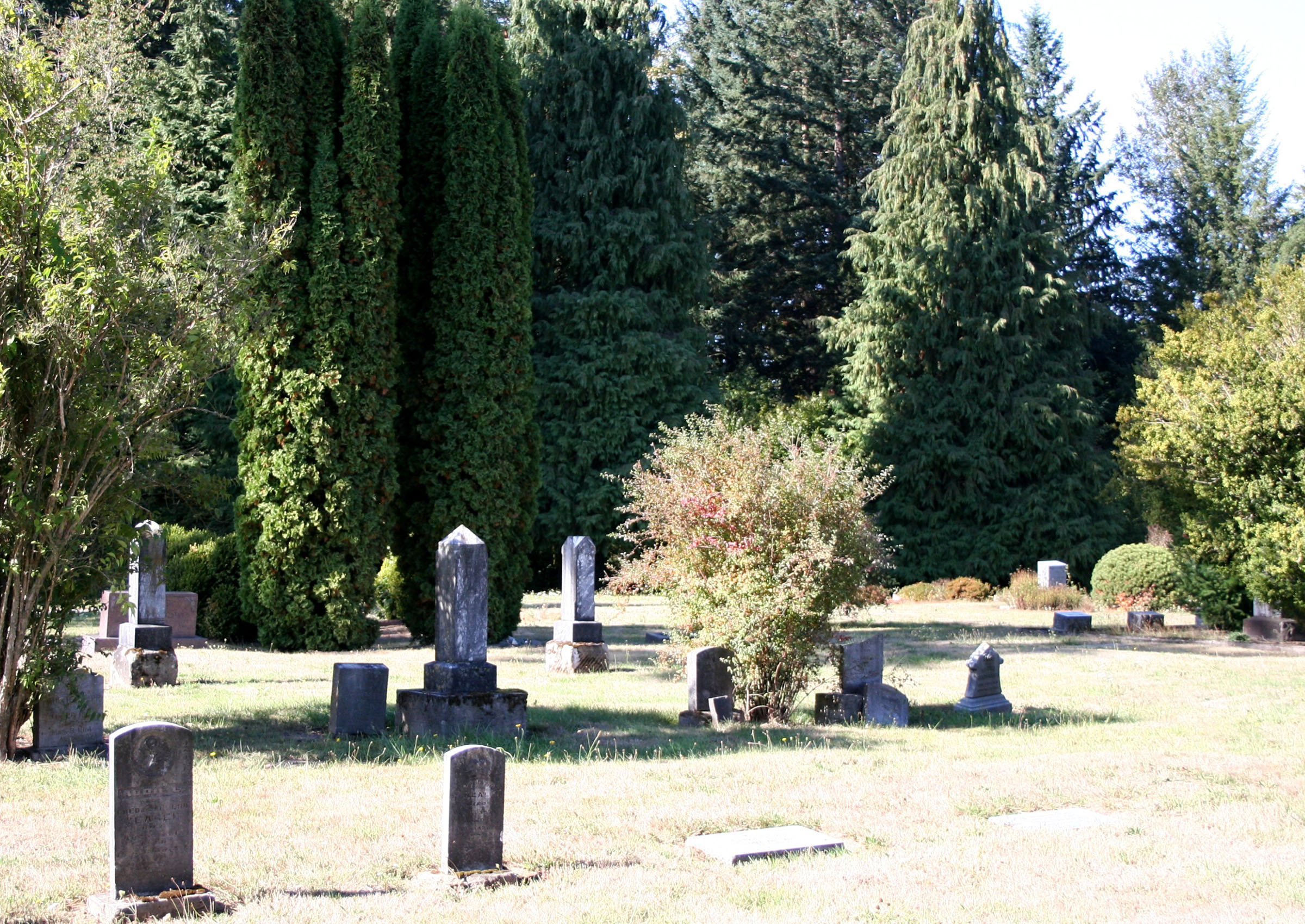
Champoeg Cemetery
Among the earliest pioneer cemeteries, dating back to the time of the relocation of the town of Champoeg after the great flood of 1861.
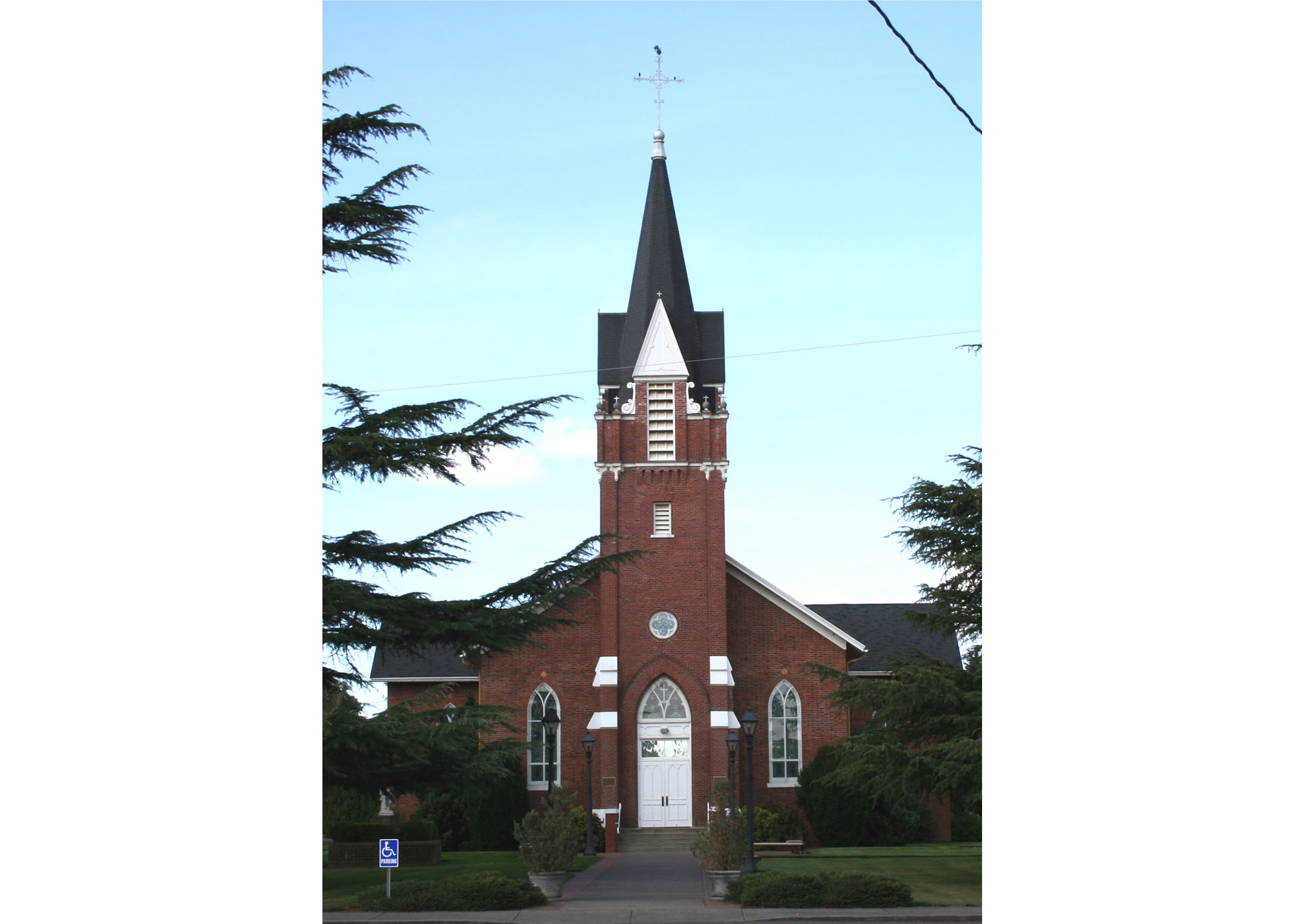
St. Paul Catholic Church
Oldest brick building in the Pacific Northwest, and parish church in continuous use since 1846.
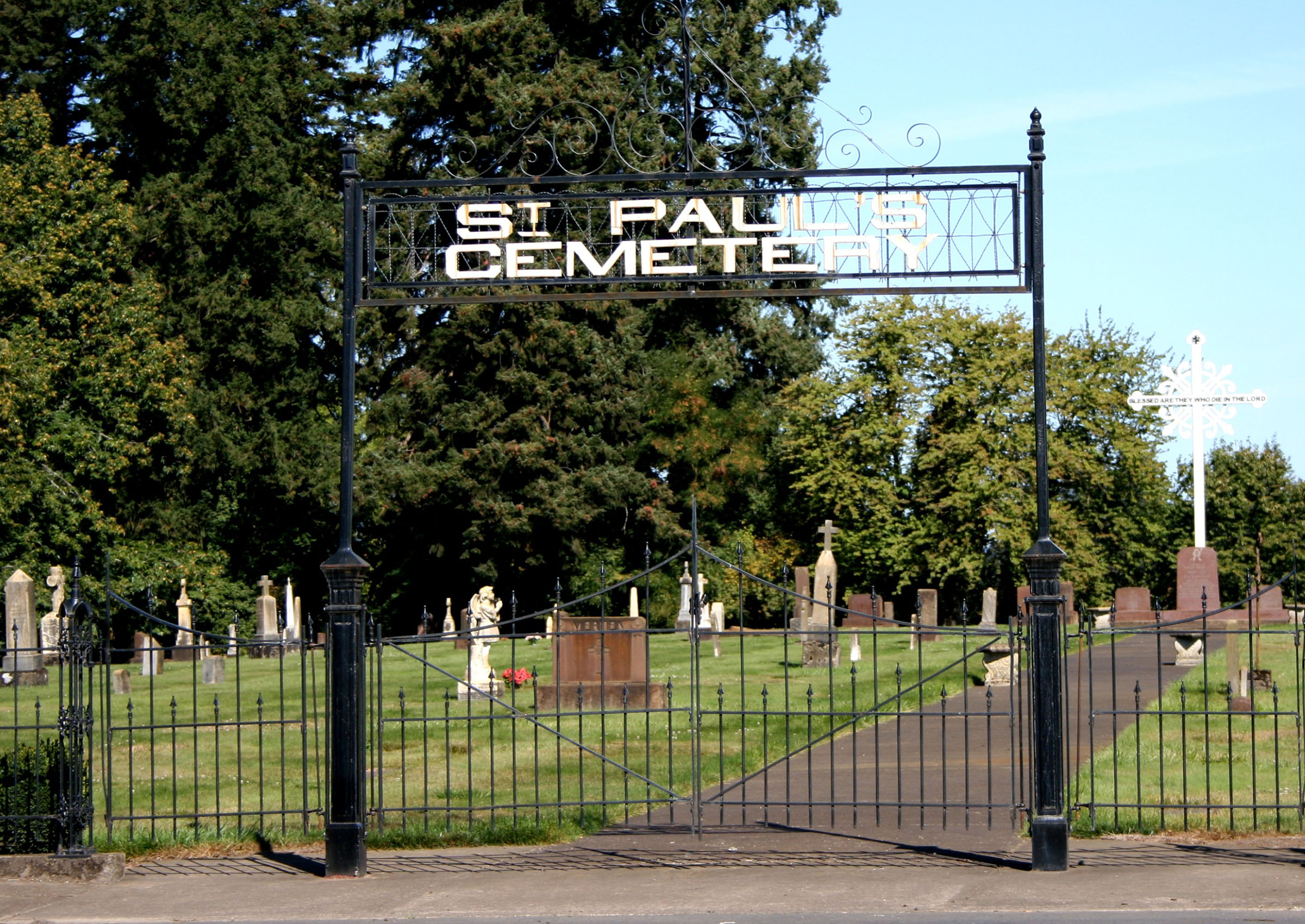
St. Paul Cemetery
Along with the St. Paul Pioneer Cemetery, are pobably the oldest pioneer cemeteries in Oregon, holding the remains of many important early settlers.
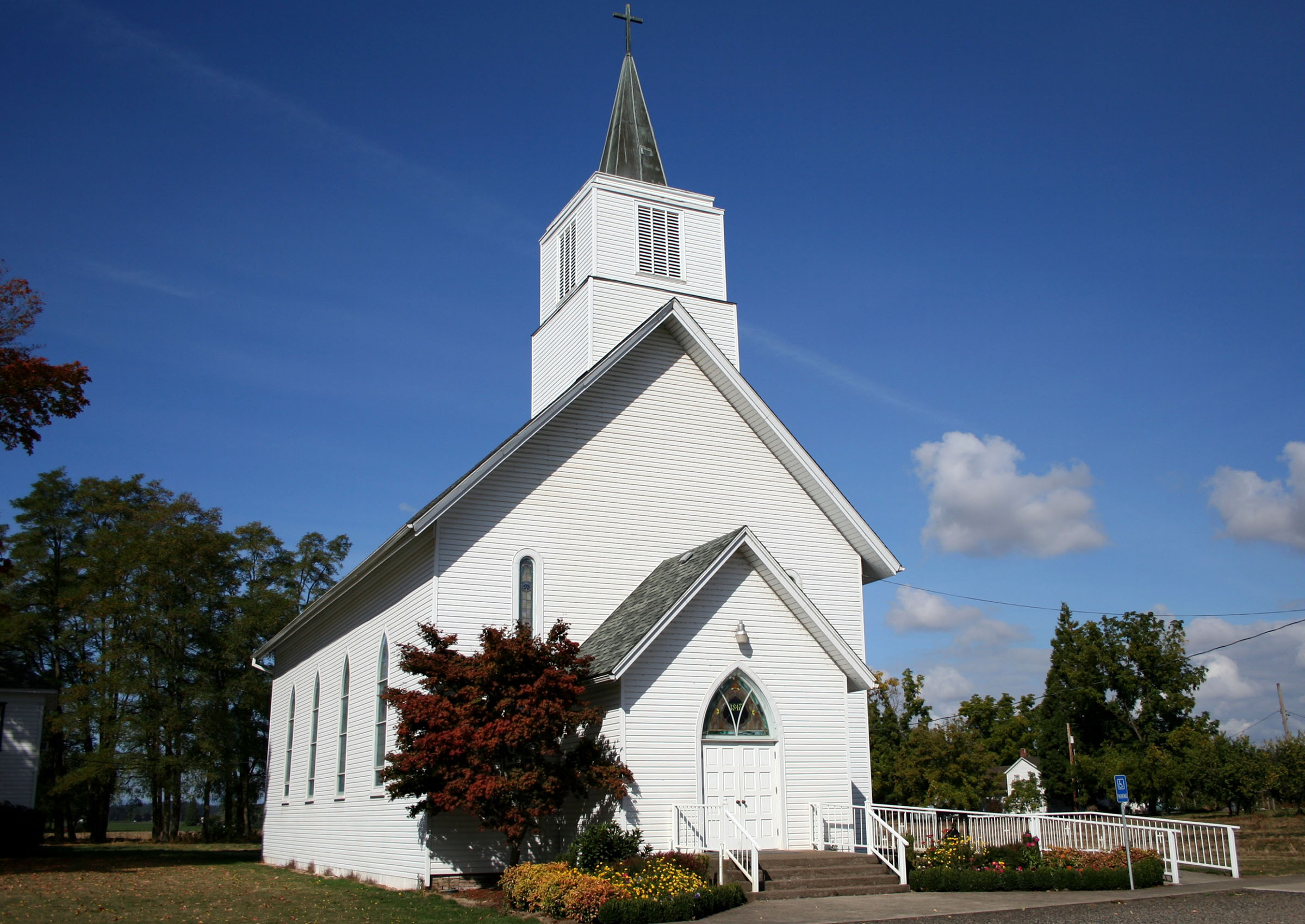
St. Louis Church
Probably the oldest remaining church in Oregon, built in 1845.
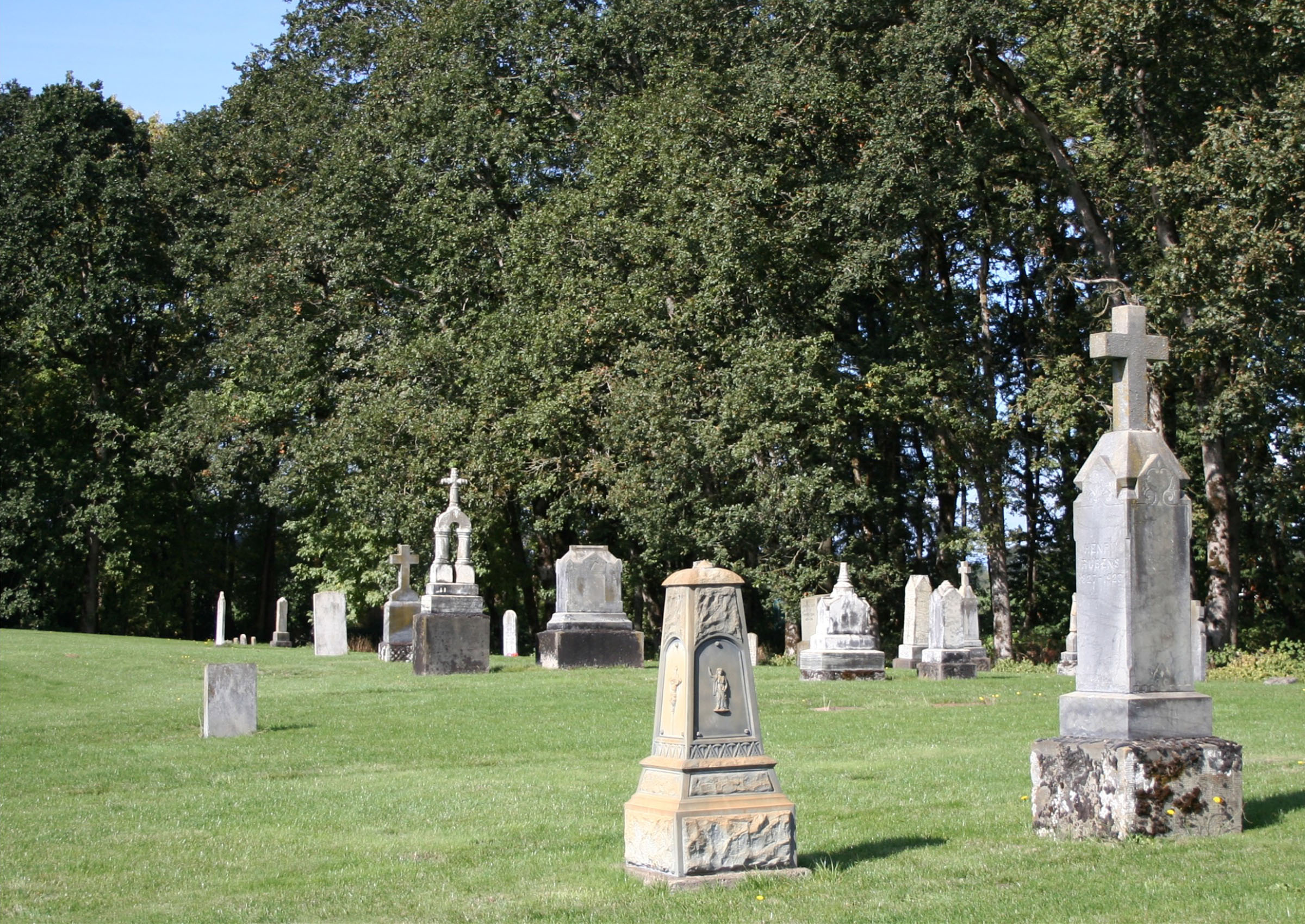
St. Louis Cemetery
Among the oldest pioneer cemeteries in Oregon, just west of the St. Louis Church.
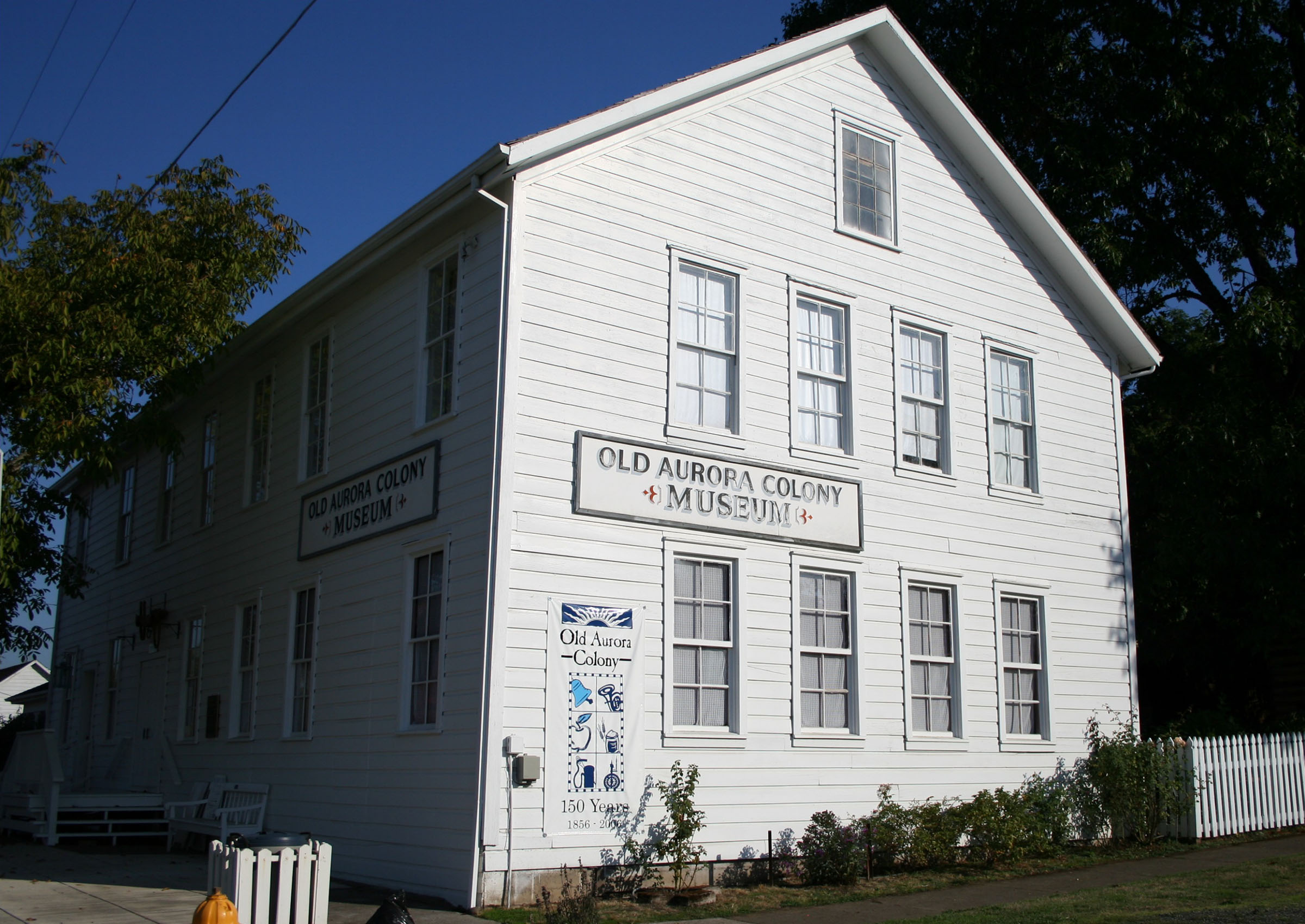
Aurora Community
The historic utopian community that is now the “antique capital” of Oregon.
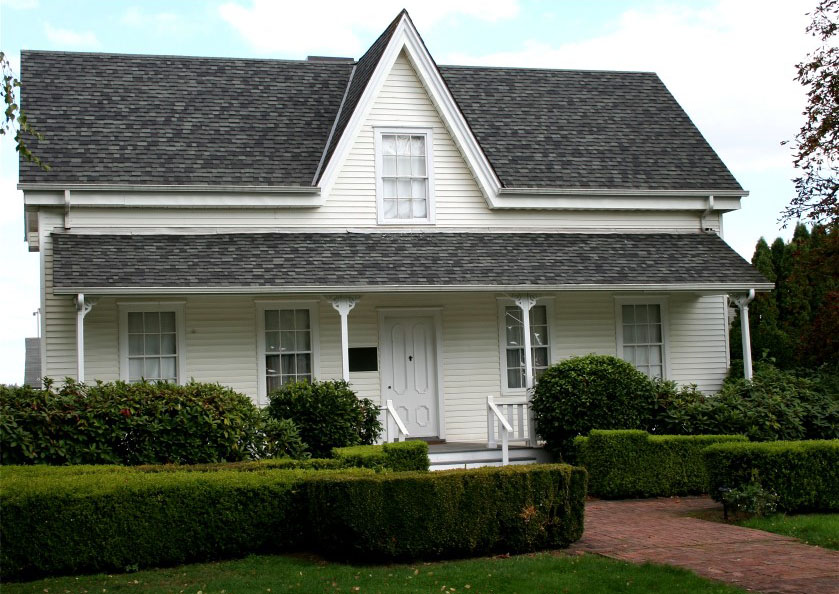
Newell House
A reconstruction of the 1852 home of Robert Newell, on land he owned and farmed at Champoeg.
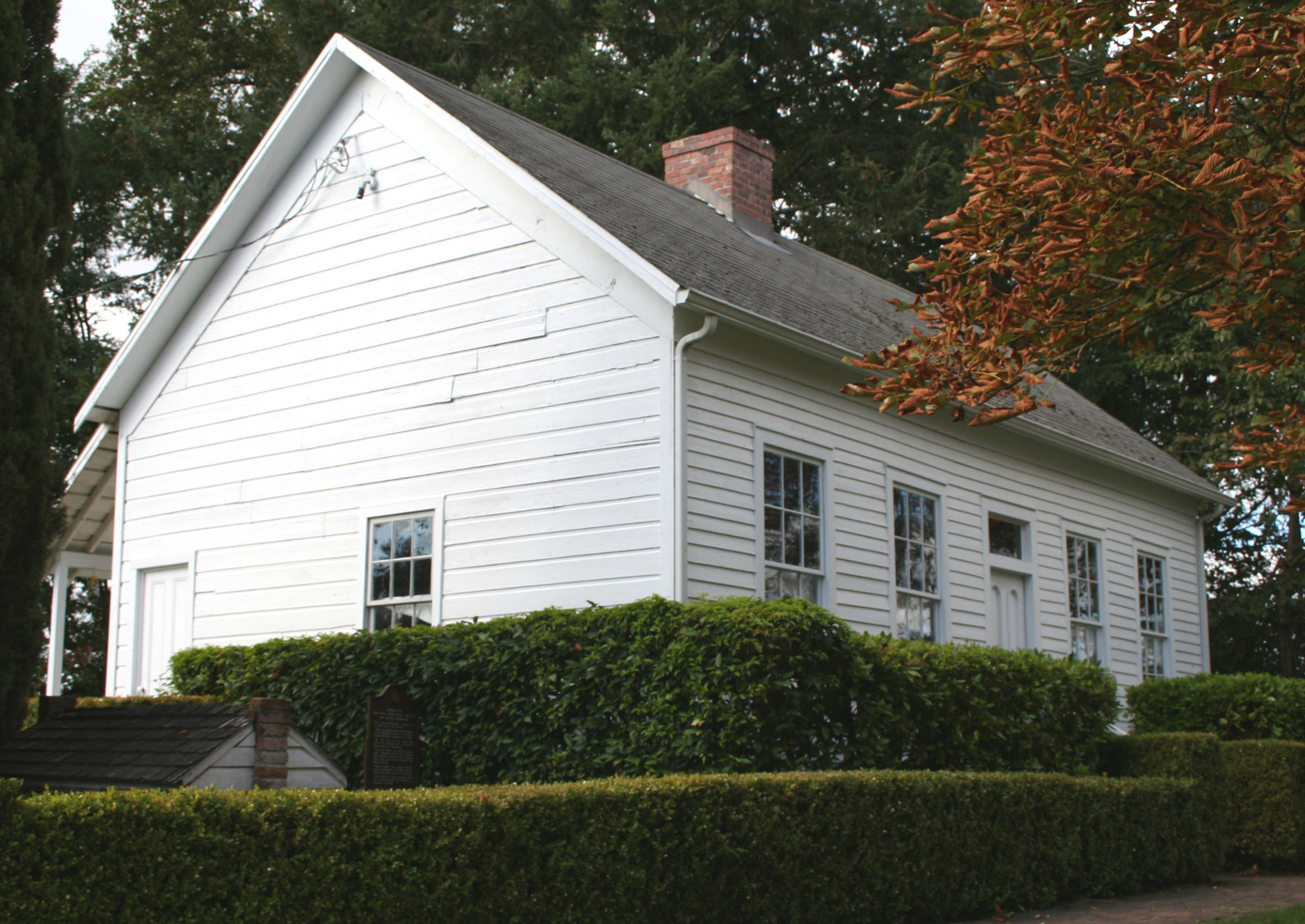
Butteville Academy
A pre-Civil War building and example of the federal style of architecture which was used until about 1830, was relocated to Champoeg State Park.
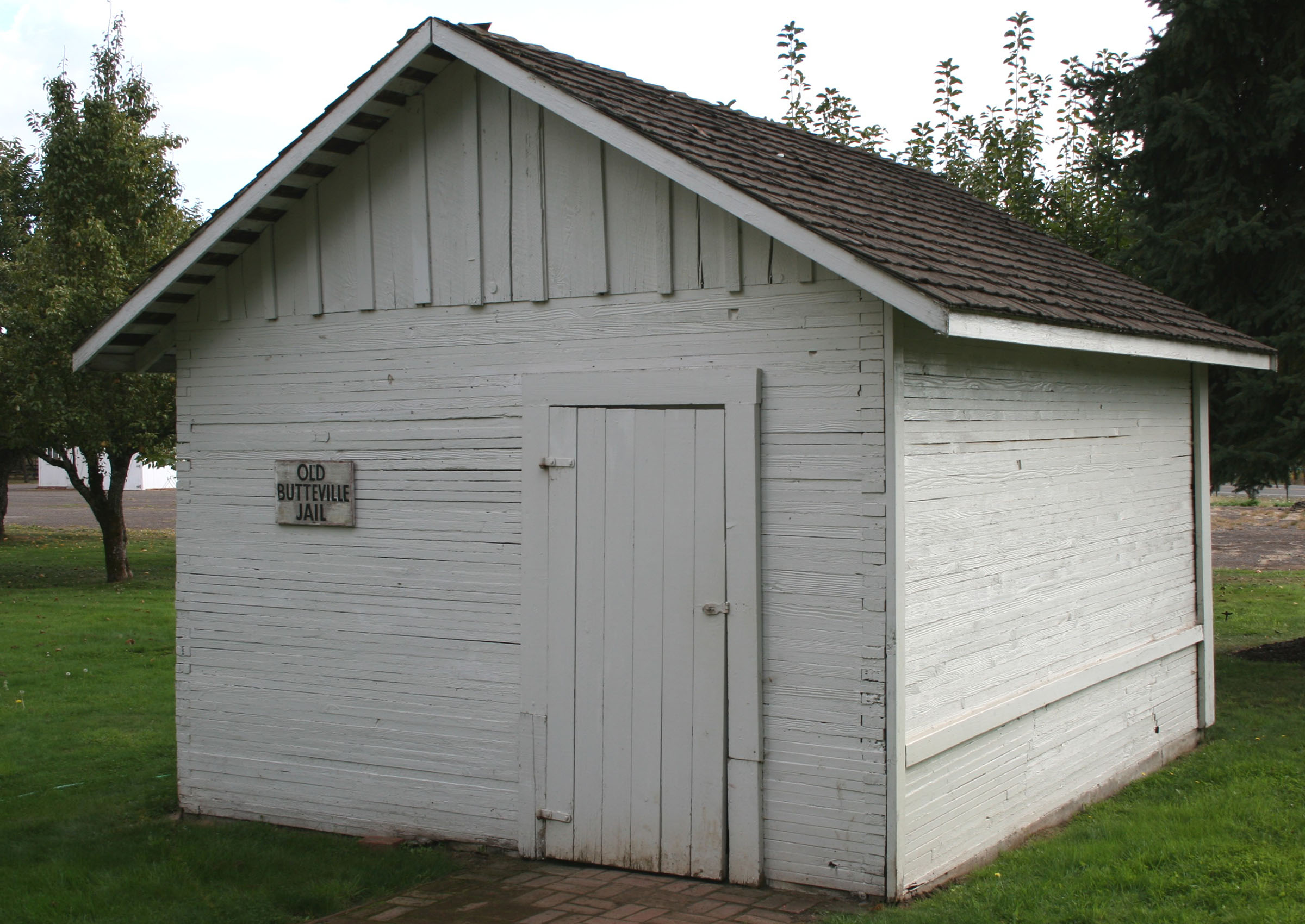
Butteville Jail
The old jail from Butteville was relocated to Champoeg State Park.
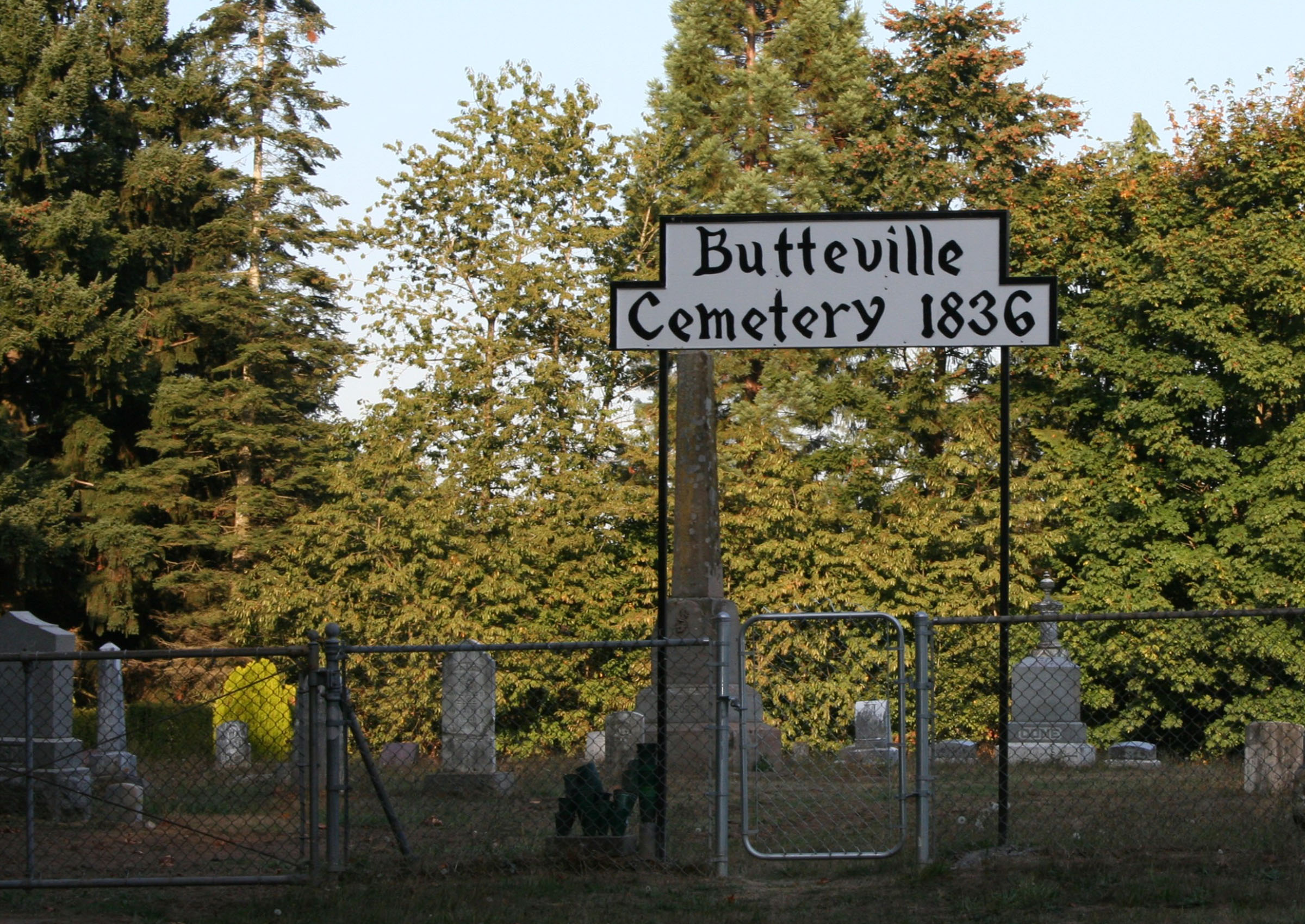
Butteville Pioneer Cemetery
Dating from 1836, this cemetery is above the Willamette River flood plain south of the town of Butteville.
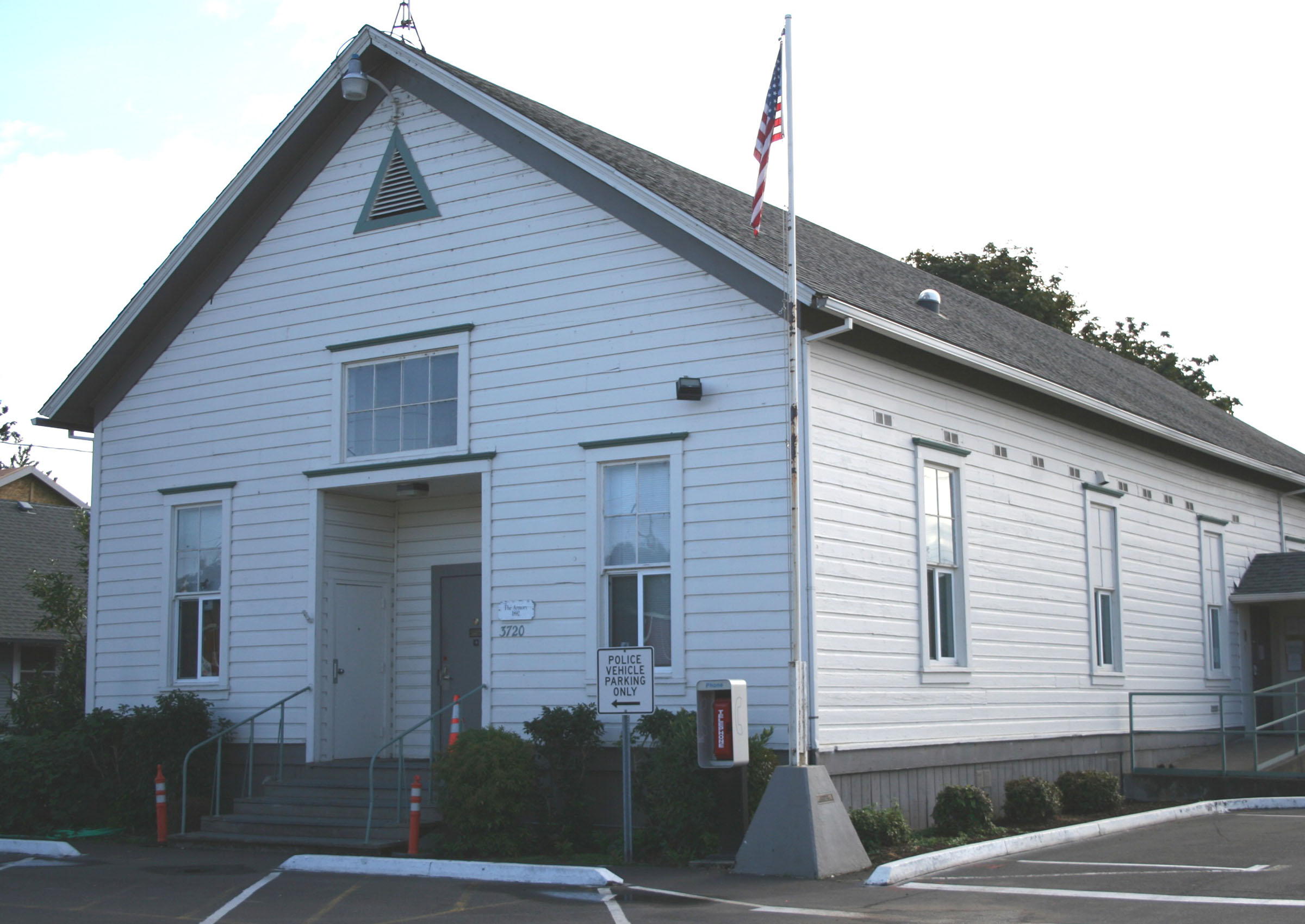
Armory, Hubbard
Constructed in 1892 to drill troops indoors and store supplies, it is now the Hubbard City Hall.
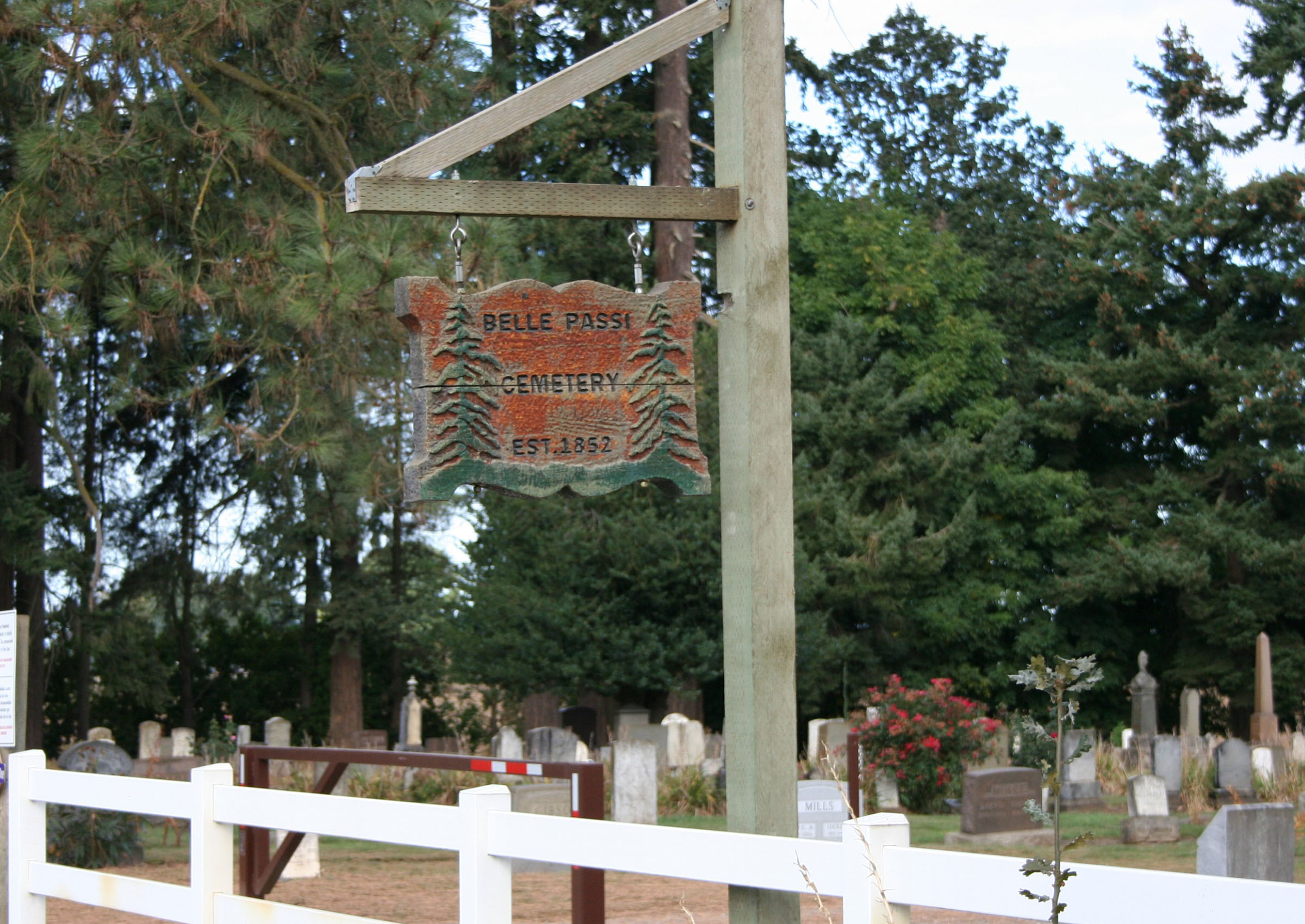
Belle Passi Cemetery
A reminder of the community that pre-dated both Woodburn and Hubbard, but didn’t survive as a town.
